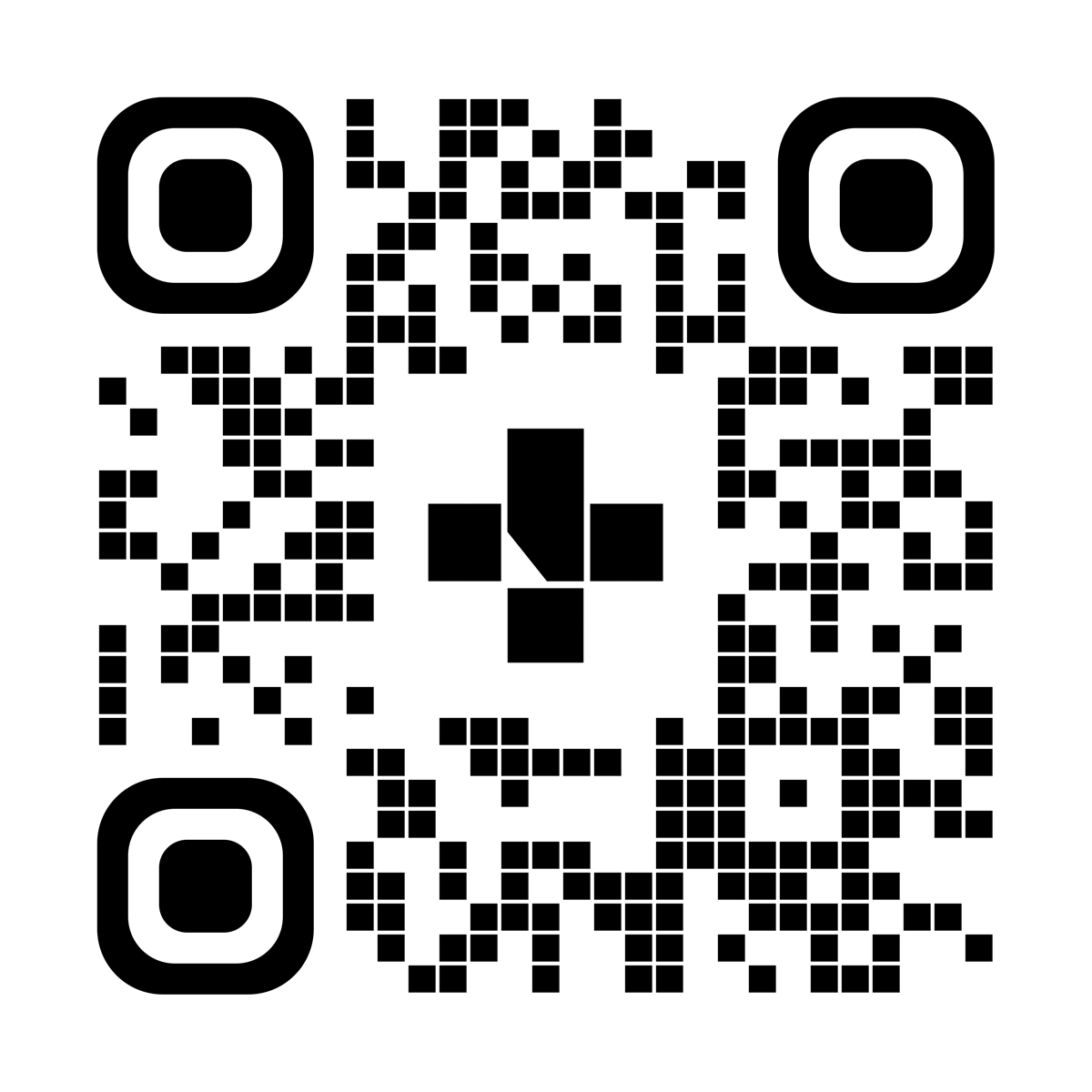Recovering After a Disaster or Emergency
Care instructions
An unexpected event, disaster, or emergency can be stressful. Examples of these include a flood, fire, industrial accident, or pandemic. These can have a big impact on your emotional and physical health.
You might have more headaches, stomach problems, colds, or have more allergy symptoms than is usual for you. Stress can also make chronic health problems like heart problems or high blood pressure worse or harder to manage.
When you talk to your doctor or other healthcare providers, let them know you’ve been through a disaster or emergency and if there have been changes in your health.
For some people, the signs of stress after a disaster or emergency don’t show up until weeks or months after the event has happened.
Coping after a disaster or emergency
Caring for yourself
- Take care of yourself. Eat healthy foods at regular times. Limit how much alcohol and drugs you consume. Get some exercise, like a walk or do some deep breathing to relieve stress.
- Get good sleep. Try to create a nighttime routine. If you're having trouble sleeping, avoid caffeine, electronics, and alcohol before bed. If you wake up, journal your thoughts.
- Create a daily routine. Stick to regular mealtimes and sleep schedules. Include fun activities to look forward to.
- Care for pets or connect with nature. Animals and nature can help with emotional recovery. Volunteer at shelters or spend time outdoors when it's safe.
Dealing with emotions and loss
- Reach out to family and friends. Talk to someone you trust about how you're feeling. If you have children, let them know it's OK to talk about or show their emotions.
- Understand that there will be changes. Disasters can disrupt your life long-term. This may include the loss of your home, school, or job. Be patient with yourself and know that recovery is a process and takes time.
- Know when to ask for help. Pay attention to signs of stress that doesn't go away or become less. Watch for depression, anxiety, or substance use. Seek help when emotional distress becomes difficult to manage.
- Join a support group. Support groups offer a safe space to share experiences and feel less alone.
- Limit how much news you watch or listen to. Constant news can increase anxiety and make you relive the event over and over. Reduce how much you watch, listen to, or scroll through.
Going forward
- Avoid major life decisions. Big changes, like career shifts, are harder to manage after a disaster.
- Consult a financial advisor. Loss of home or work can create financial stress. A financial advisor can help you plan and access helpful resources.
Warning signs that you are not coping well
You many notice:
- changes in your sleep pattern, like sleeping less, sleeping more, waking up through the night, having nightmares, or not sleeping at all
- changes in appetite, like eating more or less than usual
- using alcohol or drugs more often or in greater amounts
- avoiding people or activities that you usually enjoy
- thinking about the disaster or emergency all the time or having flashbacks to the event
- having thoughts about harming yourself or suicide
- feeling hopeless, worried, or frustrated more than usual
Using alcohol, drugs, or gambling to cope, distract yourself, or to feel better can lead to bigger problems. Ask for help to find better ways to cope before these become a problem.
If you had challenges coping with stress before the disaster or emergency, you can learn new and healthier ways to cope. Use available supports and be patient with yourself.
Important numbers and resources
If you’re having suicidal thoughts, go to the nearest emergency department or call 911 right away.
Call Health Link at 811 to speak to a registered nurse any time day or night.
Help is available. Most of the phone numbers below offer telephone support 24 hours a day, 7 days a week. The hours for text messaging support or online chats may be different.
Adapted from Mental Health Promotion & Illness Prevention Team, Alberta Health Services.
To see this information online and learn more, visit MyHealth.Alberta.ca/health/pages/conditions.aspx?Hwid=custom.ab_recoverypostdisasteremergency_ac.

For 24/7 nurse advice and general health information call Health Link at 811.
Current as of: April 29, 2025
Author: Emergency/Disaster Management, Alberta Health Services
This material is not a substitute for the advice of a qualified health professional. This material is intended for general information only and is provided on an "as is", "where is" basis. Although reasonable efforts were made to confirm the accuracy of the information, Alberta Health Services does not make any representation or warranty, express, implied or statutory, as to the accuracy, reliability, completeness, applicability or fitness for a particular purpose of such information. Alberta Health Services expressly disclaims all liability for the use of these materials, and for any claims, actions, demands or suits arising from such use.
